detail profile vieno saaristo
Peran Yang Di Mainkan Vieno Saaristo
 Stars above follows the stories of...
Stars above follows the stories of...Stars Above 2012
Stars above follows the stories of three women from the same family across three different decades. The main characters – Saima, Tuulikki and Salla – each lives in the same country house. Saima´s story takes place in the war time 1942, when Finland fought against Soviet Union, Tuulikki´s story in colourful year 1978 and Salla´s story in the present day. Each woman is between 30 and 40. This deep and beautiful, yet humorous film pictures the encounters between people and the possibilities for choice. How much does the time we live in affect us - and our ability to hold on to our dreams? What are those things which we pass on from one generation to the next? What changes, what remains the same? And to what extent do mothers´ choices, let alone their unspoken secrets, affect their daughters´ lives?
 In this stylish Finnish drama the...
In this stylish Finnish drama the...Twisted Roots 2009
In this stylish Finnish drama, the secrets and desires of a family can no longer be suppressed. Mikko turns out to have a hereditary illness. Since then he has been worried. How long can he continue to run the family business that he and inherited from his father, just like his illness? And how does he tell his teenage daughter and adult son that they might have the wrong genes? The imaginative eight-year-old Lumi, adopted from China, also cannot get away from her roots.
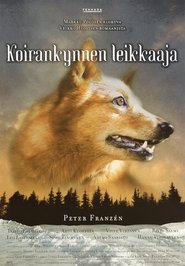 Bright young soldier Mertsi suffers a...
Bright young soldier Mertsi suffers a...Dog Nail Clipper 2004
Bright young soldier Mertsi suffers a permanent brain injury in the Second World War. In the late 1940s he wanders around the Finnish countryside looking for simple work and relying on other people's help. A workmate, Ville, tells him about his clever Spitz dog back home and the problems with her overlong dew claws. Together with his helpful war buddy Eetvi, Mertsi joins a lumber camp in the middle of a freezing winter, tries hard but finds the work there too strenuous for his body and mind. While he still sees nightmares about the war, in the daytime he keeps dreaming and worrying about the dog...
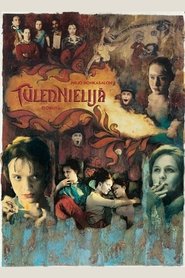 The twin sisters Helena and Irene...
The twin sisters Helena and Irene...Fire-Eater 1998
The twin sisters Helena and Irene are born in Helsinki during World War II. A few months later their mother, Sirkka, leaves the girls in the care of their grandmother, an old communist, and runs away with a German soldier. Their life under the protection of their grandmother and the teachings of communism ends first with the death of Stalin, then with that of their grandmother. The girls are eight years old when they are put in an orphanage. Their mother shows up at the orphanage in the company of Ramon, a Spanish trapeze artist. They are on a talent search for a German circus. Ramon trains the reluctant Irene during circus tours in Central Europe. She becomes the trapeze star of the circus. The hard work soon exhausts Irene and she falls from height, as if on purpose. Helena has secretly learned the art of fire-eating. Now she is burdened with both her mother and her sister. The violent life, however, separates the three from each other. In the present-day Helsinki the middle-aged...
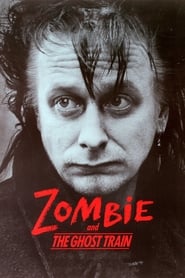 Antti Zombie Autiomaa does two things...
Antti Zombie Autiomaa does two things...Zombie and the Ghost Train 1991
Antti "Zombie" Autiomaa does two things well: play the bass guitar and drink. After several months' sleeping on the streets of Istanbul, he returns to Helsinki where he's called into the army but discharged on mental health grounds after adding turpentine to the officers' soup. Zombie lives bleary-eyed in an apartment off his parents' house where his lonely, unemployed father suffers from heart disease. His girl-friend Marjo has taken up with a hairdresser but comes back to Zombie. His friend Harri hires him as a roadie for his band "Harry and the Mulefukkers" then gives him a chance as a bass player. He has his girl and he has a gig, but can Zombie put the bottle down?
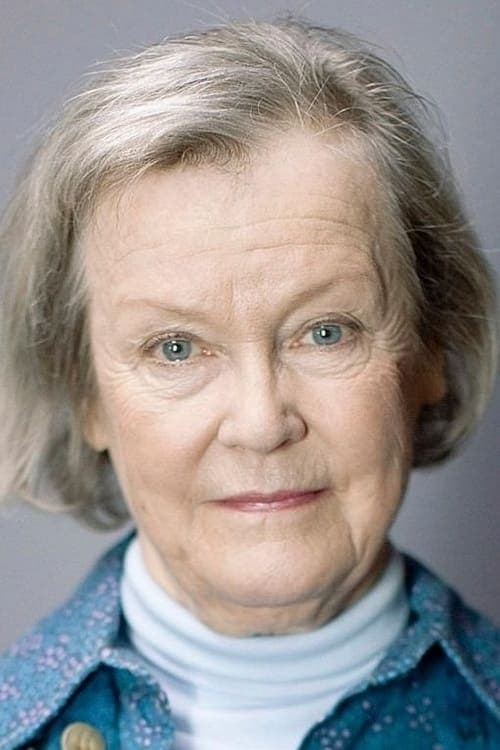
 A ravishing story about little Pete...
A ravishing story about little Pete...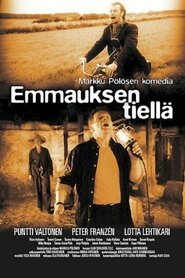 A cynical city dweller returns to...
A cynical city dweller returns to... The relationship between a priests wife...
The relationship between a priests wife...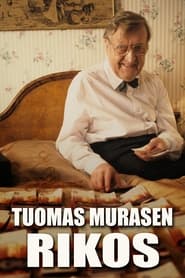
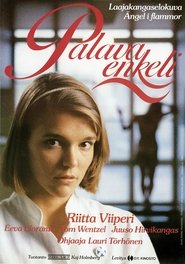 A newly graduated nurse Tuulikki starts...
A newly graduated nurse Tuulikki starts...
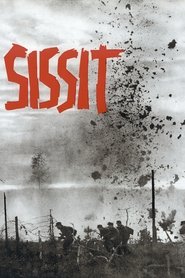 Lieutenant Takala meets his fellow partisans...
Lieutenant Takala meets his fellow partisans...